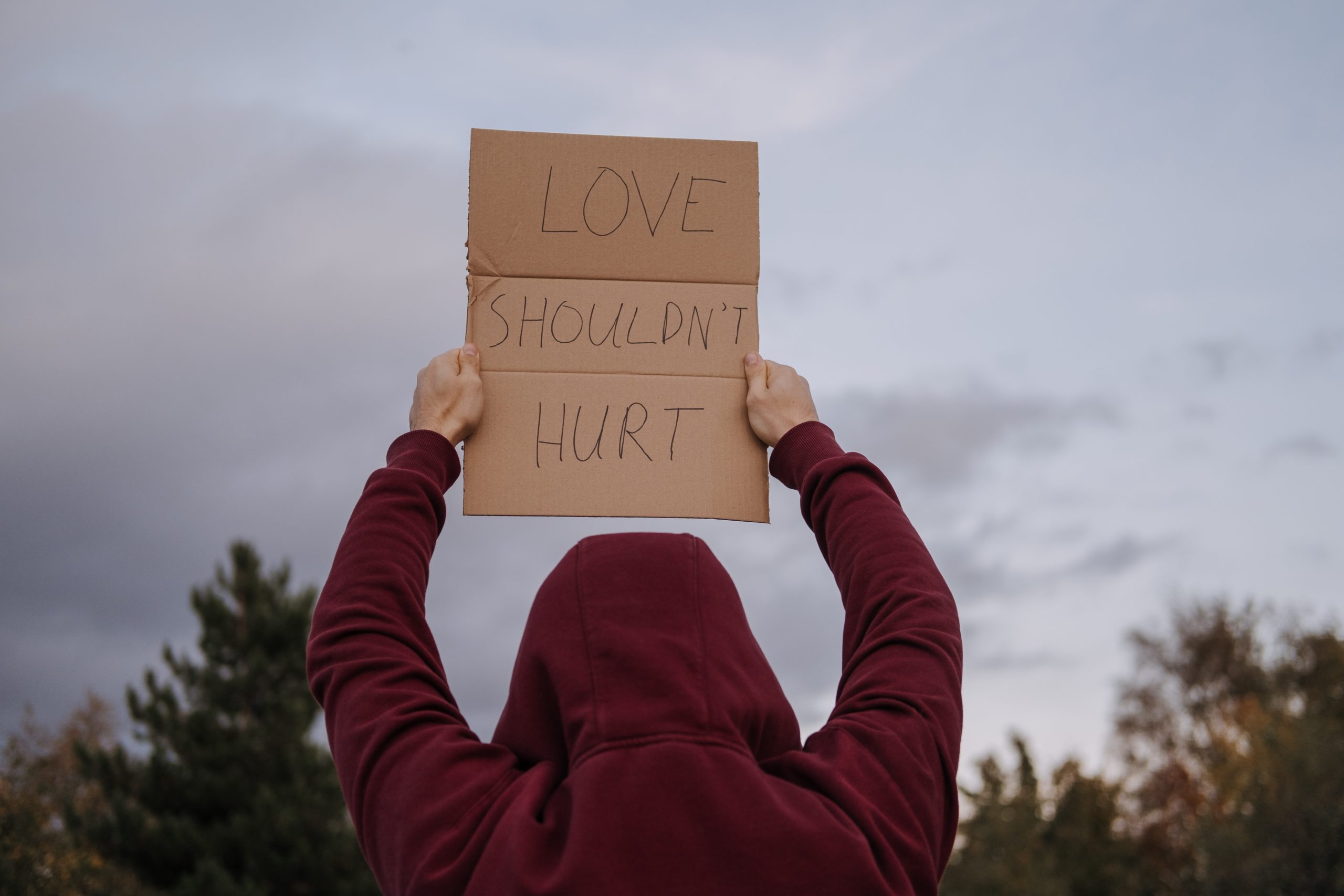Some folks find it especially difficult to see the bad in others. They need to believe that the people in their lives are good and kind. They can’t imagine that someone they love or respect would be capable of cruelty, manipulation or thoughtlessness.
These individuals value qualities such as honesty, integrity and decency; mistakenly believing that those around them hold the same ideals.
In my practice as a psychiatrist, a patient will sometimes recount a story in which their spouse, friend or boss was hurtful to them. They’ll end by saying, “I can’t believe they treated me this way. I don’t understand it!”
I have observed that when an individual has trouble facing the truth about something, it’s because they are afraid of becoming upset. This goes for those people who refuse to see the bad in others.
This type of denial tends to be caused by early-life traumas. Paradoxically, those who are afraid to see others as potentially hurtful have often had painful experiences during their own childhood.
When these individuals were growing up, it was intolerable to accept that they could be mistreated or abandoned by the people who were supposed to love and protect them. They couldn’t face the truth about how their parents or guardians were disappointing or betraying them.
As adults, they maintain their denial. Their childhood experiences left them feeling especially vulnerable, so that any disappointment today seems overwhelming. As a result, they believe that it will be unbearable for them to face the truth about the people in their present-day lives.
Abused and neglected children feel helpless and lacking in control. Because children take everything personally, they believe that if they are being mistreated, it’s because they haven’t been “good enough.”
Being good as an adult makes them believe, incorrectly, that they have some control in life. They think that they will be rewarded for their goodness and that it will protect them from harm.
People with a history of childhood hurts often display a sort of child-like idealism. They are convinced that as long as they behave with kindness and decency, others will be good to them, too.
The truth, however, is that people exist who are capable of of bad behavior, and it has nothing to do with anyone else. Some of these individuals are hurt and angry because of their own childhood trauma and they take out their frustration on others.
Some people are born without a conscience. They have little or no sense of responsibility; no empathy or remorse. Whatever the cause, hurtful people are capable of every degree of bad behavior, ranging from minor insensitivity to outright sadism.
Some people are inadvertently hurtful, some are deliberately so and some simply don’t care enough to be thoughtful or to do the right thing.
Those who refuse to acknowledge this reality will encounter many difficulties. Examples of this are the mother who refuses to believe that her husband is capable of molesting his daughter and therefore turns a blind eye, essentially perpetuating the abuse.
There’s the case of the employee who insists that his boss is fair-minded and that all his hard work, loyalty and self-sacrifice will be rewarded, when in fact he’s being exploited.
There’s the husband who risks his marriage when he repeatedly fails to protect his wife from his mother’s constant complaints and criticisms, telling her instead, “Oh, that’s just the way Mom is.”
There’s the woman in denial that her husband is seeing prostitutes because she won’t accept that he’s capable of such behavior; and the man who is constantly lending money to his freeloading buddy because he needs to see him as a “good guy.”
When people won’t acknowledge that someone in their life is being hurtful, they set themselves up to be repeatedly mistreated and exploited. If children are involved, refusing to face the truth results in their not being protected from harm.
Those who deny other people’s potential for bad behavior are putting themselves and their children at risk. They must open their eyes and face reality: They might wish it were otherwise, but bad people do exist.
When people are inadvertently hurtful, calling them on their behavior will give them a chance to change their ways and to make amends. When people are deliberately hurtful or just don’t care, confronting them will bring out defensiveness or hostility, thereby revealing their true nature.
Denying other people’s capacity for cruelty or thoughtlessness ultimately serves to perpetuate it. Acknowledging that bad people do exist will empower those who’ve been hurt to take much better care of themselves and their children.
Furthermore, facing the truth will allow those on the receiving end to distinguish the occasionally inconsiderate from the chronically destructive. They will be able to do what they couldn’t as children: assert themselves, defend themselves or walk away from relationships which are neglectful or abusive.
It may be disappointing and disillusioning to face the truth about someone’s hurtful actions, but it will prevent a lot of suffering, now and in the future.
Sign up here for my free biweekly wellness newsletter that brings you fresh, thought-provoking content.
Subscribe to my YouTube Channel to watch my series Moving into Autumn with Good Self-Care, where you’ll learn simple tips for taking the best care of yourself and your loved ones this fall season.
Tune in to my Ruthless Compassion Podcast where I go in-depth about topics like mental health, trauma, and loneliness.



